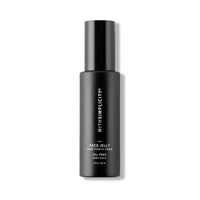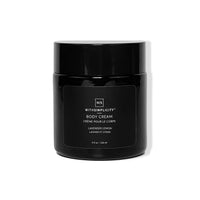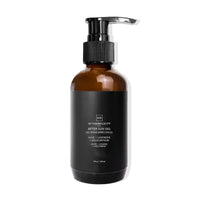The hot summer months are approaching fast, and nothing feels better than catching a few rays in the summer, but that comes with a cost to your delicate skin. Our skin is sensitive to the intense rays that come from the sun. After being in the sun, our skin will prematurely age, wrinkle, cause other skin conditions and can potentially cause cancer.
The more your skin is exposed to the sun, the quicker it will age. Thankfully, we can provide you with a few tips on protecting your skin during your time in the sun and after. Below are some facts about sun exposure and tips for protecting your skin while in the sun.
What Happens to the Skin in the Sunlight?
There are two different kinds of rays that can affect your skin, UVA and UVB rays. UVB rays are short and cause sunburn when in contact with the skin. UVA rays travel deeper beneath the skin and are longer. Both UVA and UVB rays can affect the health of your skin by upsetting the development and repairing processes. Your skin can also change in appearance when exposed to these rays as well.
Does Skin Tone Have an Effect on Sun Exposure?
Yes! Depending on your skin tone, you may have more natural protection from the harmful rays. The more melanin someone has in their skin, the more protection it will have against sun exposure. Still, no one is safe from skin cancer. Everyone, regardless of skin tone, should practice safe sun protection and after sun care.
How Do I Care for My Skin After Sun Exposure?
A saving grace after being in the sun is using aloe! Aloe can help soothe sunburn, reduce the signs of aging, and moisturize your skin. Even just placing raw aloe on the skin in thin layers can help reduce sunburn pain or reduce redness. If you do not have access to get raw aloe, we have some aloe based products that can help:
- Face Jelly: Our Face Jelly is aloe-based and is great for sun exposure on the face. It’s Infused with manuka, ylang-ylang, and blue tansy essential oil, which all help control inflammation and other blemishes on the skin.
- Hand + Body Jelly: Hand and Body Jelly is similar to our Face Jelly. With an aloe-base and infused blueberry extracts, this product will help minimize sunspots and brighten your complexion.
How Can I Protect My Skin From Sun Damage?
Sunscreen, right? Yes, but sunscreen without harmful chemicals. Recently, there has been a recall in many sunscreens containing the harmful carcinogen related chemical called Benzene. We suggest doing research on the chemicals and ingredients in sunscreen products before using them.
What are Other Ways to Protect My Skin in the Sun?
- Stay in shade: The less you are exposed to the sun’s harmful rays the more your skin will thank you for it. Limit your time in the sun by taking breaks in the shade.
- Wear long-sleeved shirts: Keeping your arms protected by sleeves is a great way to limit sun exposure.
- Wear hats: Your face has some of the most sensitive skin on the body. Hats will protect your face and scalp from burning.
- Drink plenty of water: Drinking plenty of water will replenish your skin and will help your skin continue to create new healthy cells. Water will also keep you hydrated in the heat.
- Reapply sunscreen every hour: Sunscreen will wear off if you are getting in water or sweating from the heat. Reapplying it every hour will help keep the protective layer on your skin.
We know it is hard to cover up when in the sun. Just try to implement some of these methods to keep your skin happy and healthy.





